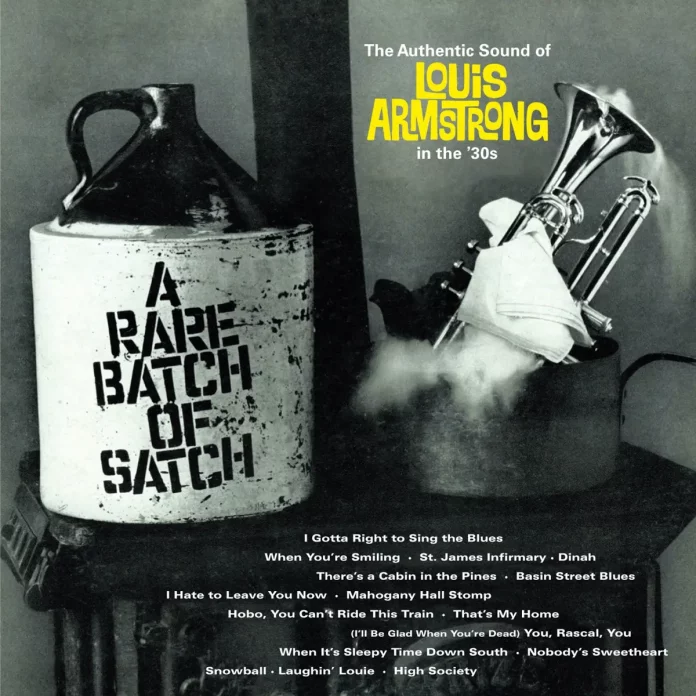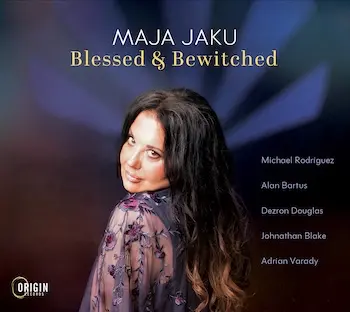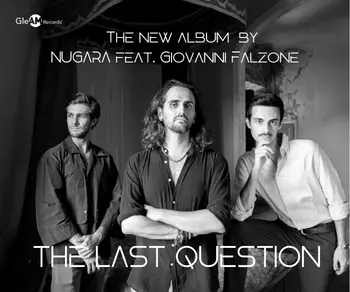These tracks would probably no longer be regarded as particularly rare, but were considered so in 1962 when the original LP was issued. Don’t expect obscure airshots, private recordings, rare takes etc. All 24 tracks (including 12 bonus) are from four well-known sessions which Armstrong recorded with RCA between December 1932 and April 1933.
Just five months is a very small window in the long rollercoaster odyssey of Armstrong’s eventful career. However, as ever, there are numerous trumpet and vocal gems to enjoy. Armstrong soars, seemingly unfazed by some plodding, undistinguished accompaniment (particularly pit-band style, in the medleys) which has been rightly panned. Yet it was a difficult time for him. Bothered by gangsters in America, he had just returned from a long and exhausting European tour. He’d also suffered a badly split lip on stage less than four weeks before the first Chicago recording session. Undaunted, he worked hard at consolidating his status as trumpet king, popular vocalist and all-round entertainer.
Diehard critics were often harsh in their disapproval, but Louis, indefatigable in his aim to please his audience, would continue fronting big bands up to the mid-40s. He enjoyed dabbling in dramatics too, with a natural ease which would lead to several film appearances. On this CD, Laughin’ Louie, an absurd trifle based on an old vaudeville sketch, is redeemed by a superb impromptu unaccompanied trumpet solo. His dramatic instincts are also evident in his vocal interpretation of Hoagy Carmichael’s piece of sentimental whimsy, Snowball, and in his own Hobo, You Can’t Ride This Train. In There’s A Cabin In The Pines, his charming vocal is clearly influenced by the relaxed, crooning lyricism of Bing Crosby, whom Louis greatly admired (with reciprocal admiration, it was Crosby who helped Armstrong get into films).
I Gotta Right To Sing The Blues, Basin Street Blues, Mahogany Hall Stomp (the backing swinging more strongly), That’s My Home and I’ve Got The World On A String all bear comparison with his finest recordings from this period. There are some pleasing brief solos from veteran trombonist Charlie Green, the Johnson brothers – Budd (tenor) and Keg (trombone) – and an impressive young pianist just out of college, Teddy Wilson. Armstrong’s best remains awesome, transforming poor tunes even in flawed company, as he pulled out all the stops to “send the audience home happy”. So, as the great man used to say – Dig!
Discography
(1) I Gotta Right To Sing The Blues; (2) When You’re Smiling/St. James Infirmary/Dinah; (3) There’s A Cabin In The Pines; (1) Basin Street Blues; (4) I Hate To Leave You Now; (1) Mahogany Hall Stomp; High Society; (4) That’s My Home; (2) You Rascal You/When It’s Sleepy Time Down South/Nobody’s Sweetheart; (10) Snowball; (5) Laughin’ Louie; (4) Hobo, You Can’t Ride This Train; (6) You’ll Wish You’d Never Been Born; I’ve Got The World On A String; Hustlin’ And Bustlin’ For Baby; Sittin’ In The Dark; He’s A Son Of The South; Some Sweet Day; Honey, Do!; Swing, You Cats; Honey, Don’t You Love Me Any More?; Mississippi Basin; Sweet Sue, Just You; St. Louis Blues (77.26)
(1) Louis Armstrong And His Orch. Chicago, 26-28 January 1933. (2) Louis Armstrong And His Orch. Camden New Jersey, 21 December 1932. (3) Louis Armstrong And His Orch. Chicago, 26 April 1933. (4) Chick Webb And His Orch. Camden New Jersey, 8 December, 1932. (5) Louis Armstrong And His Orch. Chicago, 24 April 1933. (6) Bonus tracks from the same sessions but not included on the original LP.
Armstrong (t, v) on all tracks with (selected personnel): Chick Webb, Edgar Sampson, Charlie Green, Louis Jordan, Keg Johnson, Budd Johnson, Teddy Wilson, Sid Catlett, Charlie Beal.
Poll Winners Records PWR 27329




